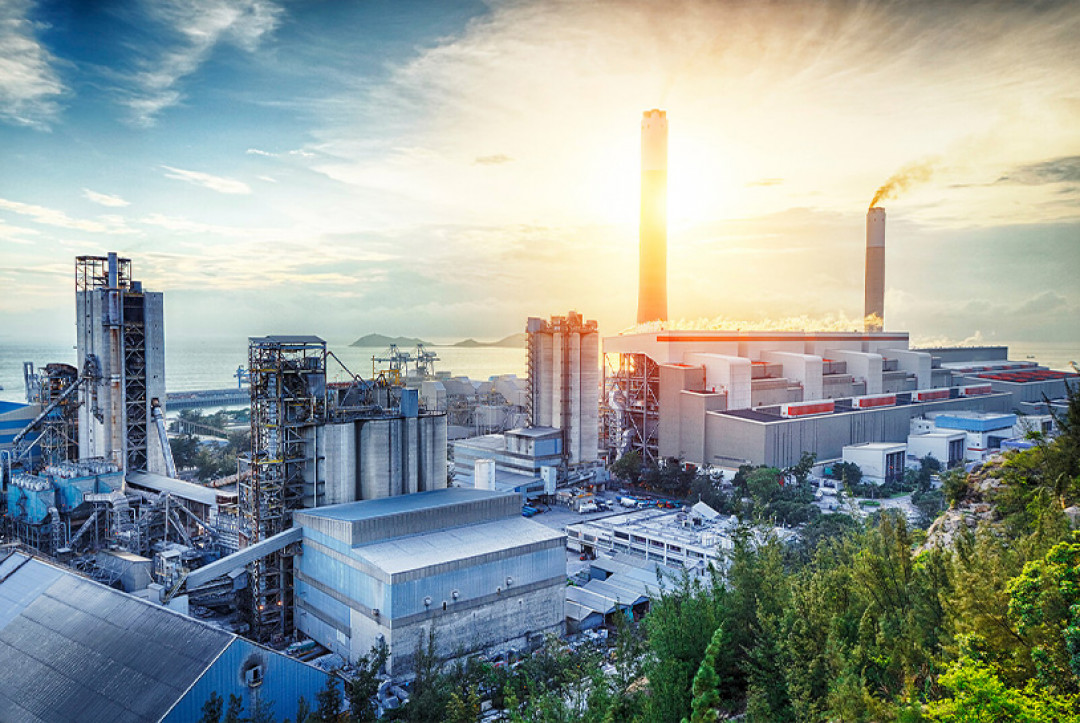
The German National Academy of Science and Engineering (acatech) has published a discussion paper on the future use of Carbon Capture and Utilization (CCU) in Germany. The 40-page document is now available to download.
In the public perception, carbon - in the form of CO2 - is primarily a waste product of the combustion of fossil fuels. It drives climate change and should therefore be avoided as far as possible. However, carbon is also an indispensable raw material, for example in the foundry industry. Here, it is an important component when it comes to modifying the physical properties of various metals.
Currently, most of the carbon used in various industries comes from fossil sources. However, it is foreseeable that this source will no longer be available in the long term due to the end of oil and gas production, which is necessary for climate protection reasons: In order to make Germany greenhouse gas-neutral by 2045, alternative carbon sources that can be used in a climate-neutral way will be needed in the future.
When is CCU possible, necessary and useful?
The project “Energiesysteme der Zukunft” (ESYS, in english: Energy systems of the future) has now published a discussion paper on this topic. The authors describe the potential and challenges of capturing CO2 from industrial processes or the atmosphere and using it as a raw material (Carbon Capture and Utilization, CCU for short) on almost 40 pages. With this impetus, they provide an overview of the extent to which the use of CCU is possible, necessary and useful. Among other things, they shed light on the following questions:
- How important will CCU be compared to other carbon sources?
- To what extent can CCU be implemented in Germany?
- What is the carbon footprint of CCU?
- What framework conditions are necessary for the use of CCU?
- Why is it currently not very attractive for companies to develop CCU value chains?
Prof. Dr.-Ing. Manfred Fischedick, President and Scientific Director of the Wuppertal Institute and member of the ESYS Board of Directors, is one of the authors of the paper. He emphasizes: “Meeting the future carbon requirements of industry in a climate-neutral way in the medium to long term is a key challenge. This transformation should be actively shaped by a forward-looking industrial strategy.” However, the use of CO2 as a carbon source is not a panacea, says Fischedick: “Due to the high costs of the various supply options, especially CCU, it is important to reduce the demand for carbon as much as possible - for example, by using and reusing products for as long as possible, by recycling and by using carbon-containing products more sparingly overall.”
The discussion paper can be downloaded free of charge from acatech (in German only).
Featured photo: Istock.com/cozyta

